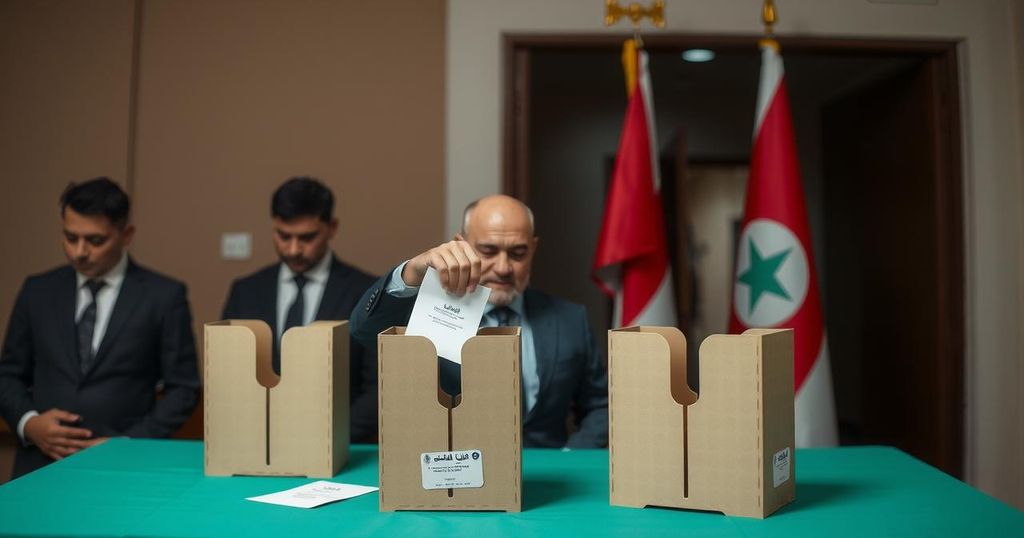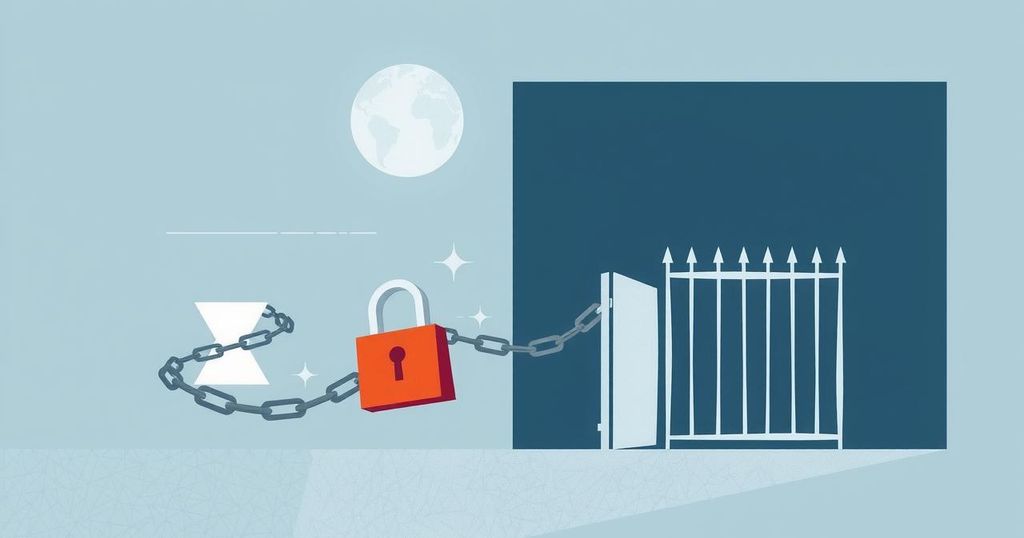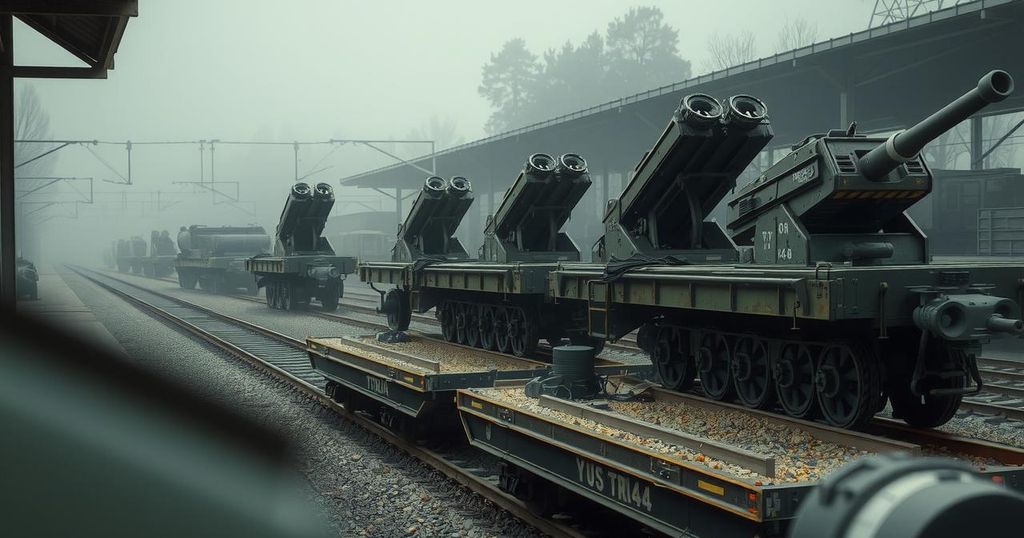Syria’s Future Elections Could Take Up to Four Years to Organize
Ahmad al-Sharaa, the de facto leader of Syria, announced that elections may take up to four years to organize as his interim government prepares for significant changes and new constitutional drafting. He emphasized the need for rebuilding the country and establishing governance mechanisms to prevent past political failures. Efforts to seek international legitimacy are underway, including meetings with various diplomatic delegations.
The de facto leader of Syria, Ahmad al-Sharaa, formerly known as Abu Mohammad al-Jolani, recently stated that elections in Syria may be delayed by as much as four years as the interim government prepares for this significant transition. Following the overthrow of Bashar al-Assad’s regime, al-Sharaa articulated the need for robust infrastructure to support future elections and indicated that drafting a new constitution could take an estimated three years. He emphasized the critical importance of establishing a framework to prevent the reoccurrence of the political issues that have plagued Syria for decades.
In an interview with Al Arabiya, al-Sharaa noted the extensive destruction resulting from more than 50 years of Assad’s rule and expressed determination to re-establish the nation “rather than just manage it.” He also revealed plans for an upcoming National Dialogue Conference aimed at outlining the transitional government process. Additionally, he mentioned that Hayat Tahrir Al-Sham (HTS), the group he leads, would eventually be dissolved as part of this transitional effort.
Al-Sharaa is also working to secure international legitimacy, having recently met with a Ukrainian delegation, stressing shared experiences between the Syrian and Ukrainian people. These outreach efforts occur against the backdrop of earlier diplomatic engagements with various international representatives, including a notable meeting with U.S. officials which led to the removal of a bounty on al-Sharaa by the United States. His discussions include reassessing relationships with Russia and advocating for a re-evaluation of Iran’s role in the region. Furthermore, he has indicated that Saudi Arabia has a key role in shaping Syria’s future, reflecting a strategic shift in alliances following the regime change.
Through these developments, al-Sharaa aims to reshape Syria’s political landscape, engaging with regional powers while fostering a secure environment for future electoral processes.
The context of Syria’s current political situation is rooted in the recent overthrow of long-time ruler Bashar al-Assad by the rebel group led by Ahmad al-Sharaa. The interim government faces the challenge of re-establishing governance after decades of tumultuous rule, necessitating a comprehensive transition that includes drafting a new constitution and preparing for elections. Al-Sharaa’s leadership signifies a potential pivot in Syrian politics, as he navigates both internal restructuring and international diplomacy to gain legitimacy and support.
In summary, Ahmad al-Sharaa has outlined a long-term plan for Syria, indicating that elections may not occur for up to four years as the country prepares for significant foundational changes. His statements highlight the importance of establishing a new governance structure and fostering international relations, particularly with regional powers such as Saudi Arabia. Al-Sharaa’s efforts to secure legitimacy and manage the transitional phase will be critical in shaping the future of Syria.
Original Source: www.cnn.com




Post Comment